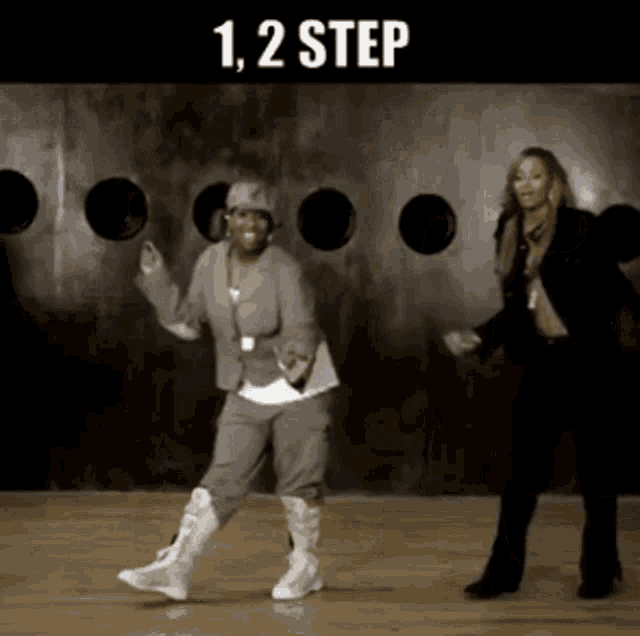Sitting in the theatre seats, I jerked upright when they called my son’s name. The directors awarded my senior the John Philip Sousa award. I honestly thought, there are better players in the band. (Don’t at me. My kid’s good. And other kids are objectively better.)

As the teacher described the award, I realized it was more than superior musical skill. The criteria included a holistic view of a great band member. An excellent musician, a committed helper, a clear supporter of the group, a reliable leader. And in all those ways, my son is a high-performer.
You can be too.
You need two skill sets to create a high-performing team: expertise in your content (coding, marketing, insurance, etc.) and expertise in working with others.

If you’ve been hanging around me for a bit, you know we’re working on expertise in working with others. Which means knowing yourself first. It’s not possible to lead others without leading yourself first.
We’re going to zoom into an area of working with others that feels all over the place right now: more conflict. The research coming from hybrid and newly remote teams (and a few in-person teams!) shows interpersonal conflict is on the rise.
There are multiple reasons for this:
- Decreased emotional margin.
- Increased workload.
- Deteriorated trust.
- Poor values and actions alignment.
- Lack of self-knowledge.
I think it all begins with self-knowledge. You have to know what’s going to push your buttons. You need self-awareness to have the foresight to see what will turn a simple interaction into a sparring match.
And that is where the Enneagram is a powerful tool. The Enneagram shows us our predictable responses. It gives us foresight.
First, let’s look at each number’s touchy buttons. These are watchouts for yourself and members of your team.
Eights: When you perceive your authority is questioned or slow movers.
Nines: When you are ignored, unheard, or forced into quick decisions.
Ones: When your right way isn’t done or something isn’t fair.
Twos: When your work is not appreciated or someone else is selfish.
Threes: When the goal isn’t achieved or being publicly called out.
Fours: When the ideas are not original or go against your values.
Fives: When there is not enough data or someone shares your personal information.
Sixes: When you feel blamed or your concerns are dismissed.
Sevens: When a rule limits your choices or your idealism is attacked.
Any of those just make you go ARGH!?
As a general rule, moving through this is my favorite process, called SNAP.
Stop: Pause for a moment
Notice: What are you feeling? What is the circumstance
Ask: What is the story I’m believing? Is it true? What would happen if I believed a different story?
Pivot: Act on the new story.
(I’ve written more about SNAP here.)
There are more type-specific management options available when you dig further into the Enneagram. That’s a lot for a blog post, but I’d love to talk with you more. You can hop on a free call with me here.
I want you to win the John Philip Sousa award for your team. Because that means you have excelled beyond just your domain and onto the key task of working with others.
That will always bring confidence and peace.
COMMENTs:
0